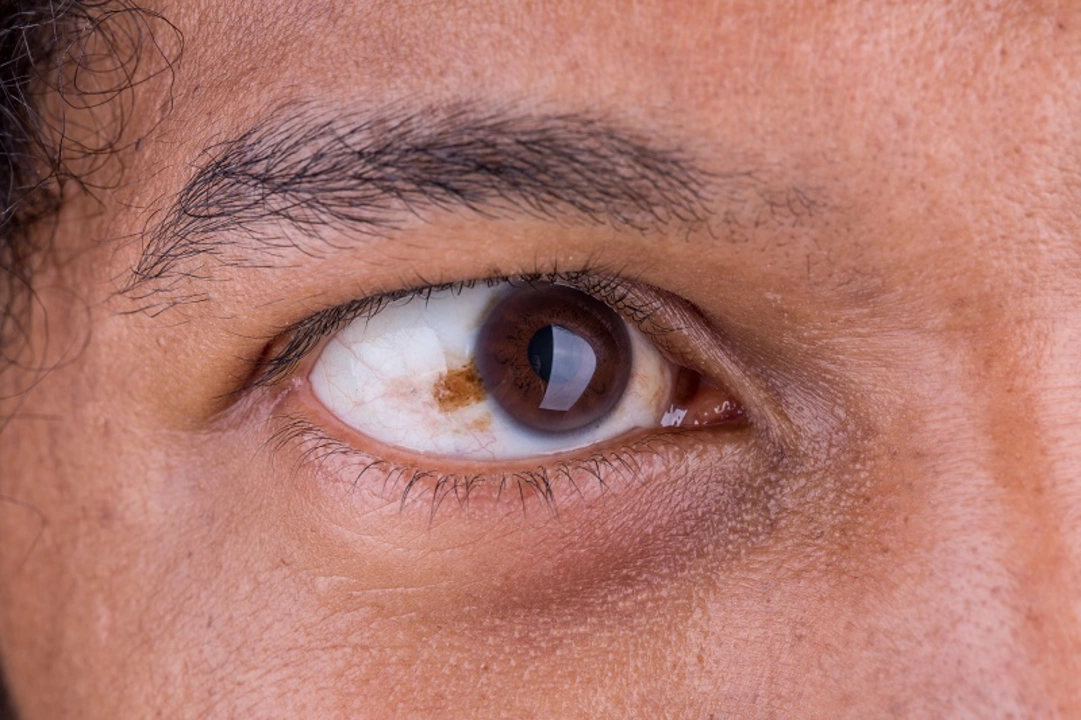Ocular Complications: What They Are and How to Keep Your Eyes Safe
Ever notice blurry vision after starting a new medication? Or feel a sudden dryness that just won’t go away? Those are classic signs of ocular complications – problems that affect the eyes and can mess with your daily life. In this guide we’ll break down the most common eye issues, why they happen, and what you can do right now to protect your sight.
Typical Eye Problems You Might Face
Ocular complications come in many flavors. Some are short‑term, like a temporary haze after taking antihistamines. Others are long‑term, such as cataracts that develop over years of steroid use. Here’s a quick look at the big players:
- Dry eye syndrome: Often triggered by antihistamines, beta blockers, or long screen time.
- Blurred or fluctuating vision: Common with corticosteroids, isotretinoin, and some blood pressure meds.
- Increased intra‑ocular pressure (glaucoma risk): Certain steroids can raise eye pressure without obvious symptoms.
- Cataracts: Long‑term steroid therapy or high doses of vitamin A may speed up clouding of the lens.
- Retinal toxicity: Drugs like chloroquine and hydroxychloroquine can damage the retina if not monitored.
If any of these sound familiar, you’re probably not alone. Many people take prescription drugs that have eye‑related side effects, but they often go unnoticed until vision starts to suffer.
How to Spot Problems Early and What to Do About Them
Early detection is the secret weapon against permanent damage. Keep an eye on these warning signs:
- Sudden or gradual loss of sharpness in your sight.
- Persistent redness, itching, or a gritty feeling.
- Seeing flashes, floaters, or dark spots.
- Difficulty adjusting to light changes (especially after taking new meds).
If you notice any of these, schedule an eye exam ASAP. Tell your doctor about every medication you’re on – even over‑the‑counter supplements can affect the eyes. Your eye doctor may suggest a simple test called optical coherence tomography (OCT) to catch retinal changes early.
While waiting for that appointment, there are practical steps you can take:
- Stay hydrated: Drinking water helps keep tear production steady.
- Use lubricating eye drops: Preservative‑free drops are best if you have dry eyes from meds.
- Limit screen time or follow the 20‑20‑20 rule – every 20 minutes, look at something 20 feet away for 20 seconds.
- Wear sunglasses: UV protection reduces stress on the retina and lens.
- Ask about dosage tweaks: Sometimes a lower dose or a different drug can eliminate eye side effects without losing therapeutic benefit.
Remember, you don’t have to quit life‑saving medication because of an eye issue. Most ocular complications are manageable with the right monitoring and simple lifestyle changes.
Bottom line: your eyes deserve as much attention as any other part of your health plan. Keep track of how you feel, speak up about side effects, and get regular check‑ups. A quick conversation with your pharmacist or doctor can save you from a future vision problem.
Cyclophosphamide and Eye Health: Managing Ocular Complications
I just came across an interesting topic regarding Cyclophosphamide and its effects on eye health. Cyclophosphamide, a powerful drug used to treat various forms of cancer, can sometimes cause ocular complications. It's essential to be aware of these potential issues, which can include cataracts, dry eye syndrome, and inflammation of the eye. Fortunately, many of these complications can be managed through close monitoring, preventive measures, and timely treatment by healthcare professionals. It's crucial to maintain regular eye check-ups and communicate any concerns with your doctor to ensure good eye health while undergoing treatment.






